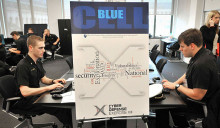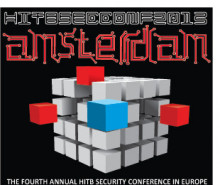FBI denied permission to spy on hacker through his webcam
A federal magistrate judge has denied (PDF) a request from the FBI to install sophisticated surveillance software to track someone suspected of attempting to conduct a “sizeable wire transfer from [John Doe’s] local bank [in Texas] to a foreign bank account.”
Back in March 2013, the FBI asked the judge to grant a month-long “Rule 41 search and seizure warrant” of a suspect’s computer “at premises unknown” as a way to find out more about this possible violations of “federal bank fraud, identity theft and computer security laws.”












































































